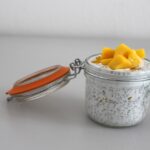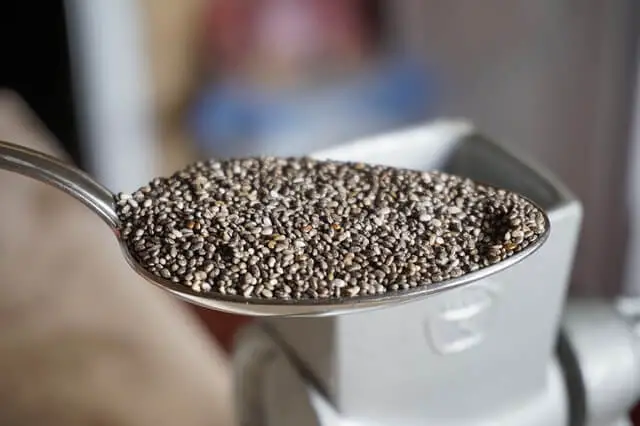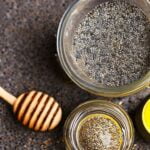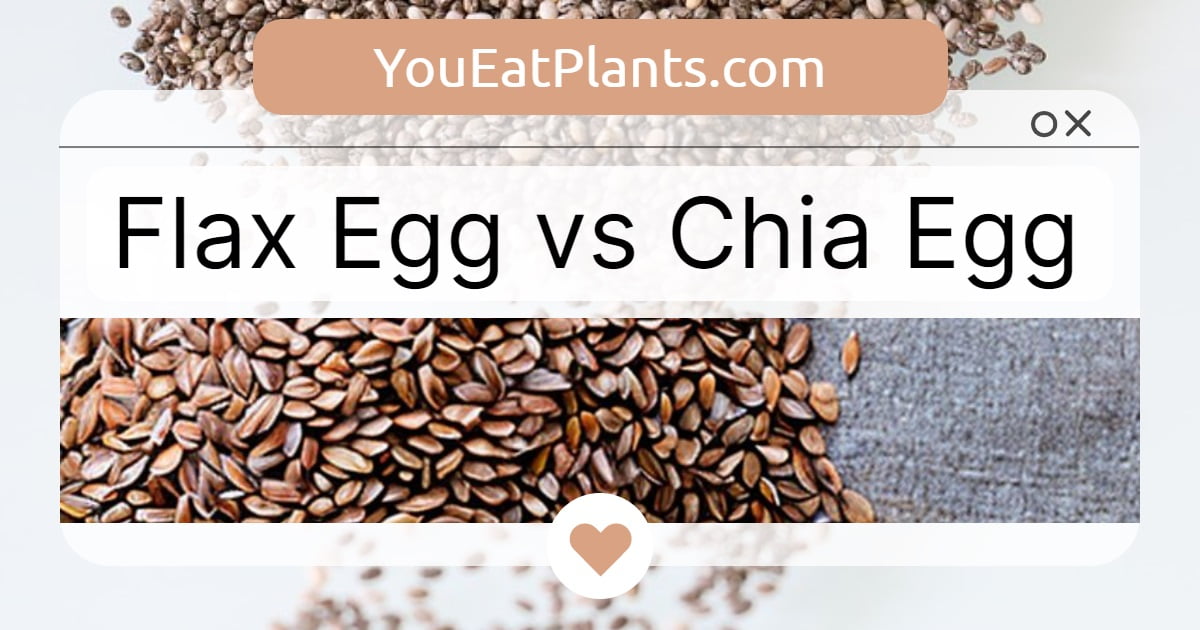
Both chia seeds and flax seeds can be used as egg substitutes in vegan and plant-based cooking. However, they have some key differences in terms of flavor, texture, and absorbency, so you may want to consider these factors when deciding which one to use in a particular recipe.
Contents
Flax Egg vs Chia Egg
Chia seeds and flax seeds are both commonly used as egg substitutes in vegan and plant-based cooking. Both chia seeds and flax seeds have the ability to absorb liquid and form a gel-like consistency, which makes them effective as binding agents in recipes that traditionally call for eggs. However, there are some key differences between chia seeds and flax seeds that you should consider when deciding which one to use as an egg substitute.
Chia seeds are small, black seeds that are native to Mexico and Central America. They are high in fiber, protein, and omega-3 fatty acids, and are a good source of antioxidants. Chia seeds are a good source of essential nutrients, including calcium, phosphorus, and manganese. They are also high in antioxidants, which can help to protect the body from damage caused by free radicals.
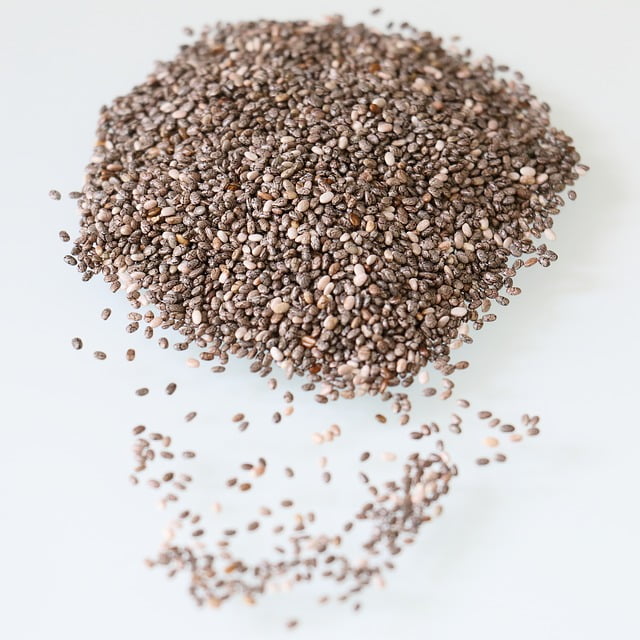
When mixed with liquid, chia seeds form a thick, gel-like consistency, which makes them a good binding agent in recipes. To use chia seeds as an egg substitute, mix 1 tablespoon of chia seeds with 3 tablespoons of water and let the mixture sit for 5-10 minutes until it forms a gel. (See Chia Egg Recipe)
This gel can then be used as a replacement for one egg in most recipes. Chia seeds are a good choice as an egg substitute in recipes that require a lot of liquid, as they are highly absorbent and can hold onto moisture well.
Flax seeds, on the other hand, are small, brown seeds that are native to the Middle East. They are high in fiber, protein, and omega-3 fatty acids, and are a good source of lignans, which are plant compounds with potential health benefits. Flax seeds are also a good source of essential nutrients, including vitamin B1, magnesium, and phosphorus.
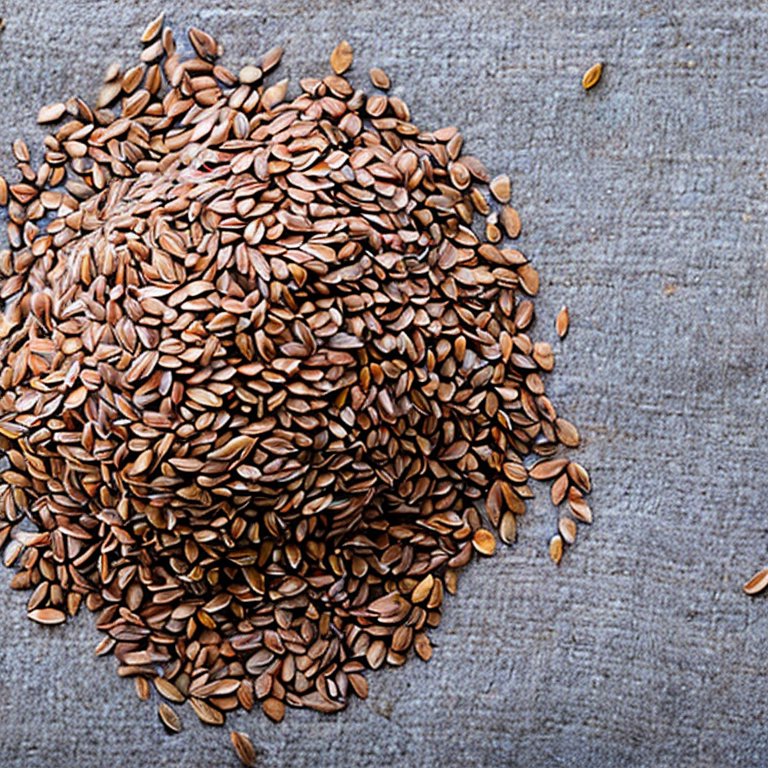
Like chia seeds, flax seeds can be used as an egg substitute by mixing 1 tablespoon of ground flax seeds with 3 tablespoons of water and letting the mixture sit for a few minutes until it forms a gel.
This gel can then be used as a replacement for one egg in most recipes. Flax seeds are a good choice as an egg substitute in recipes that require a firmer texture, as they tend to produce a more cohesive and elastic dough or batter.
It’s important to note that flax seeds should be ground before use, as the whole seeds are difficult to digest and may not work as effectively as an egg substitute. Ground flax seeds can be stored in the refrigerator for up to three months, or in the freezer for up to six months. Whole flax seeds can be stored in a cool, dry place for up to a year.
Which Is Better?
When deciding between chia seeds and flax seeds as an egg substitute, it’s important to consider the recipe you’re using and the flavor and texture you want to achieve.
Chia seeds tend to have a milder flavor than flax seeds, which can have a nutty taste. Chia seeds also tend to be more absorbent, so they may work better in recipes that require a lot of liquid.
Flax seeds, on the other hand, may be a better choice for recipes that require a firmer texture.
Can I Substitute Chia Egg for Flax Egg?
Yes, you can substitute chia seeds for flax seeds in a recipe for a “flax egg” or egg replacer. To make a chia egg, mix 1 tablespoon of chia seeds with 3 tablespoons of water and let it sit for a few minutes until it becomes thick and gel-like. This can then be used in place of one egg in a recipe.
Keep in mind that chia seeds may have a slightly different texture and flavor than flax seeds, so the finished product may be slightly different. However, chia eggs and flax eggs can generally be used interchangeably in most recipes.
Lance has been passionate about the plant-based diet and we have been following a whole food plant-based diet for over 5 years. We focus on health, natural healing, weight management, animal rights, and the health of the planet and environment by focusing on whole plant-based foods and sustainable practices.
Learn more at the About Me page and follow on social media at the links below.



